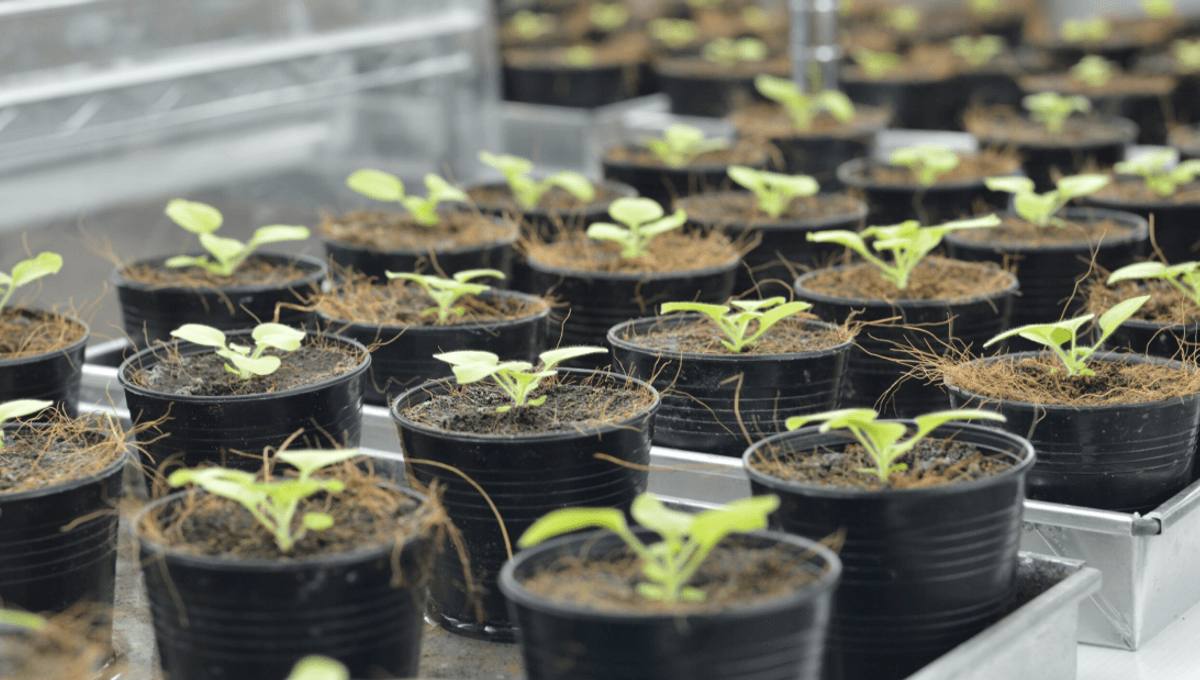
Scientists are talking to plants through light-based messages to see if they can prewarn them of impending dangers and trigger defence mechanisms that could mitigate the damage. Working with the tobacco plant Nicotiana benthamiana, they were able to activate the plant’s immune response using light as a stimulus in an achievement that could revolutionize our relationship with plants.
“If we could warn plants of an impending disease outbreak or pest attack, plants could then activate their natural defence mechanisms to prevent widespread damage,” said co-author Dr Alex Jones in a statement.
“We could also inform plants about approaching extreme weather events, such as heatwaves or drought, allowing them to adjust their growth patterns or conserve water. This could lead to more efficient and sustainable farming practices and reduce the need for chemicals.”
The study used a novel technology called Highlighter to activate the expression of a target gene in plants. The tool was engineered by Bo Larsen, who originally created it for prokaryotes – simple organisms whose cells lack a nucleus and other organelles – but has since developed it for use in plants.
Using light to manipulate a biomolecular process like gene activation falls under an area of science known as optogenetics. It can either activate or deactivate a target process, and it’s a convenient methodology because it’s non-invasive, non-toxic, and doesn’t cost very much.
Photoreceptors were a crucial and tricky part of the Highlighter methodology. They were engineered to control target processes so that when activated by the light stimulus, they would be switched on, but doing so wasn’t easy because plants have so many photoreceptors. After all, light is how they coordinate growth, development, and even how they eat.
Having successfully tuned Highlighter for use on the tobacco plant, the team were able to demonstrate that it could influence plant immunity, as well as pigment production. Research will continue, but the discovery already opens many doors as to what could now be possible with this alternative approach to talking to plants.
“Highlighter is an important step forward in the development of optogenetics tools in plants and its high-resolution gene control could be applied to study a large range of fundamental plant biology questions,” Dr Jones added.
“A growing toolbox for plants, with diverse optical properties, also opens exciting opportunities for crop improvement. For example, in the future we could use one light condition to trigger an immune response, and then a different light condition to precisely time a particular trait, such as flowering or ripening.”
And the conversation doesn’t always have to be so one-sided. Did you know that plants can scream? We just can’t hear them.
The study is published in PLOS Biology.
[H/T: Irish Examiner]
Source Link: "Talking" To Plants Could Help Them Prepare For Attacks